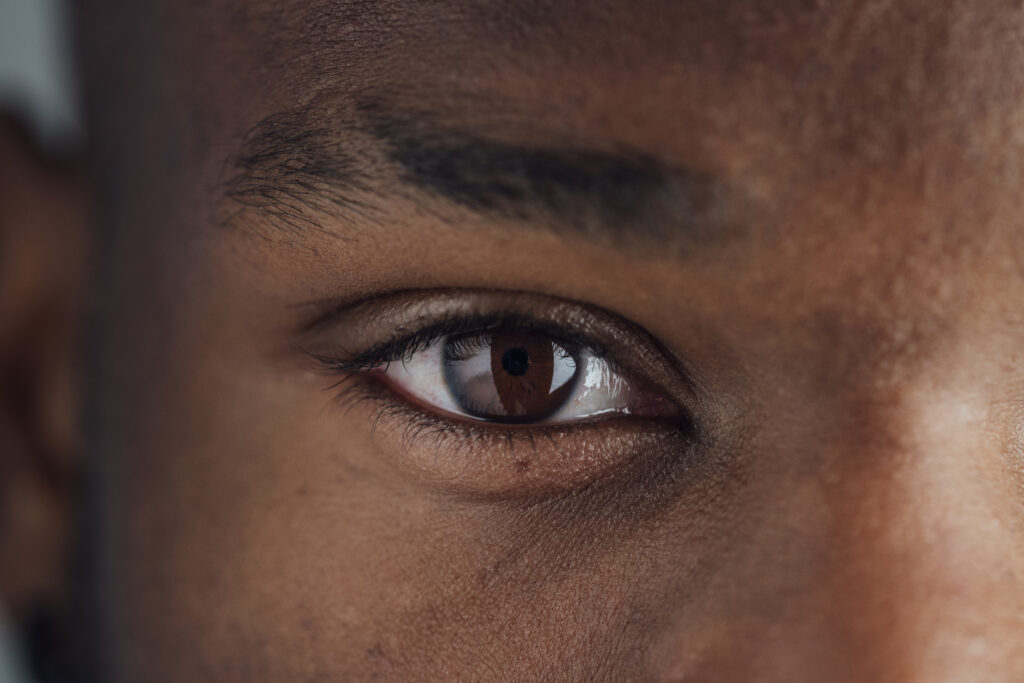
Gene therapy may restore vision to children and adults robbed of their sight by a rare inherited condition called Leber congenital amaurosis, researchers report.
The illness is caused by mutations in the GUCY2D gene, which is critical to producing proteins that enable vision. People with this form of Leber congenital amaurosis (LCA1) typically lose their vision in early childhood. Just under 100,000 people are thought to be affected worldwide.
However, a team of researchers at the University of Pennsylvania says that a new gene therapy injected under the retinas of children and adults with LCA1 improved vision by 100 to 10,000 times.
“Even though we previously predicted a large vision improvement potential in LCA1, we did not know how receptive patients’ [eye] photoreceptors would be to treatment after decades of blindness,” noted study co-lead author Artur Cideciyan, a research professor of ophthalmology at the university. “It is very satisfying to see a successful multi-center trial that shows gene therapy can be dramatically efficacious.”
The findings were published September 5 in The Lancet journal.
How many people participated in the trial?
A total of 15 LCA1 patients — 12 adults and three children — participated in the new trial. All had vision that was equal to or below 20/80, meaning that objects a normally sighted person could see at 80 feet could only be clear at 20 feet away for a person with LCA1.
Glasses were of little help because glasses only address the eye’s focusing ability, not any underlying medical cause driving vision loss.
The new gene therapy is called ATSN-101 and was developed by Atsena Therapeutics, which funded the new trial.
This was a small phase 2 trial, meant to gauge a treatment’s safety and explore differences when various dosages are used.
The injected therapy was tried at three different dosages. Three adult patients each received low, medium, and high doses of ATSN-101. Once the treatments’ safety was assessed, six participants (including the three children) received high-dose ATSN-101.
How did the trial work?
According to the research team, vision began to improve quickly in all patients, usually within a month of treatment. Improvements have lasted for at least a year.
Patients’ vision was tested in various ways, including their ability to move through a sometimes dimly-lit pathway, eye charts, and “light flash” tests conducted in a dark environment.
Two of nine patients who got the high-dose treatment had a 10,000-fold improvement in their sight, Cideciyan’s group reported.
“That 10,000-fold improvement is the same as a patient being able to see their surroundings on a moonlit night outdoors as opposed to requiring bright indoor lighting before treatment,” said Cideciyan, who also co-directs the Center for Hereditary Retinal Degenerations at UPenn. “One patient reported for the first time being able to navigate at midnight outdoors only with the light of a bonfire.”
What are the side effects?
Side effects could happen and were usually related to the surgery used to implant the gene therapy. These included tiny hemorrhages within the eye that later healed, or transient inflammation of the eye, treated with steroids.
The patients’ vision is being tracked going forward, the researchers said, and a bigger, randomized trial is being planned as a requirement of any U.S. Food and Drug Administration approval of the new therapy.
The new work follows on the team’s prior success using gene therapy to reverse another form of Leber congenital amaurosis, this time connected to a mutation in the CEP290 gene.
“The treatment success in our most recent clinical trials together with our earlier experience brings hope for a viable treatment for about 20 percent of infantile blindness caused by inherited retinal degenerations,” study co-author Dr. Tomas Aleman said in a UPenn news release. He is research professor in ophthalmology and co-director of the Center for Hereditary Retinal Degenerations.
“The focus now is on perfecting the treatments and treating earlier manifestations of these conditions once safety is confirmed,” he said. “We hope similar approaches will lead to equally positive outcomes in other forms of congenital retinal blindness.”
More information
Find out more about LCA illnesses at the American Society of Retinal Specialists.
SOURCE: University of Pennsylvania, news release, Sept. 5, 2024









